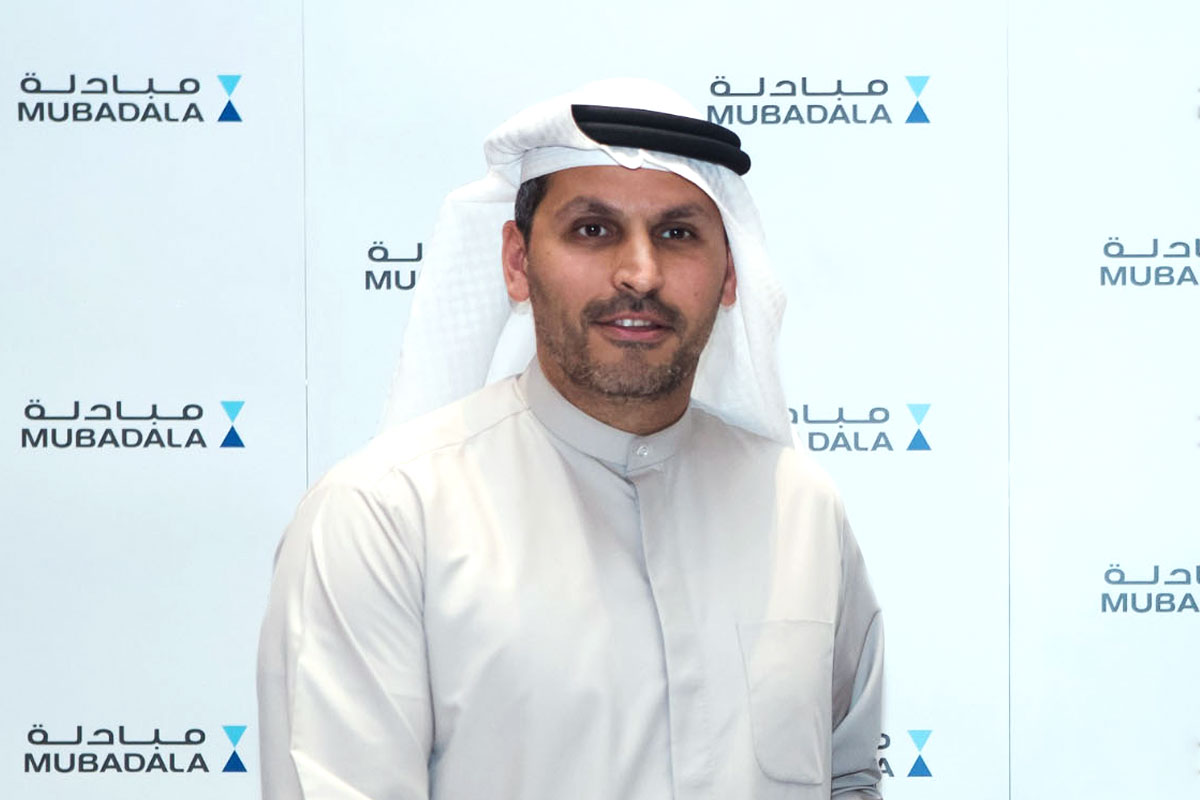President Joe Biden’s proposed infrastructure makeover is getting a thumbs up from one of the world’s biggest sovereign wealth funds.
Mubadala Investment Co. considers the U.S. to be “an unbelievable market,” and the opportunities there might prompt Abu Dhabi’s $232 billion wealth fund to commit money toward infrastructure in the country, Chief Executive Officer Khaldoon Al Mubarak said on Monday during a virtual conference.
“The United States is a country that has incredible infrastructure requirements and is now taking the opportunity of the stimulus packages, combined with zero interest rates, to really stimulate a significant upgrade,” he said.
Biden has called for sweeping investments in electric vehicles, renewable power and the electric grid as part of a broad blueprint to bolster the U.S. economy while combating climate change. The plans, part of a $2.25 trillion infrastructure and stimulus blueprint unveiled by the president, are meant to catalyze investments in a clean energy economy.
“Countries are seeing now better ways, more efficient ways to build up infrastructure, particularly in countries where there is a dire need to either an upgrade or new infrastructure,” Mubadala’s CEO said. “That opens the door for creative ways to allow the private sector, to allow investors to invest in that space and generate an acceptable rate of return.”
Pension and sovereign wealth funds around the world are rotating into alternative assets to bolster yields in the low interest-rate environment and as a hedge against volatile stock markets.
Mubadala was among a few sovereign investors that last year seized on opportunities from a dislocation in markets caused by the coronavirus pandemic, with Al Mubarak saying it made more investments in 2020 than in any other previous year. To help achieve its target of doubling in size to nearly half a trillion dollars in the next decade, Mubadala is focusing on infrastructure among other “future-oriented asset classes” and alongside continued investment in renewables and other clean technologies.
“The U.S. will be a very interesting place to invest in infrastructure,” Al Mubarak said. “Investors all over the world will look at this as an opportunity.”
Funds from Gulf states have been chasing overseas investments to reduce reliance on their oil-dependent home markets. Kuwait’s $124 billion pension fund is reducing its allocation to stocks in favor of alternatives and sees “lots of opportunities” in infrastructure over the next few years, especially in the U.S., its director general said in November.
For Mubadala, Europe is another place “that has tremendous requirements when it comes to infrastructure and upgrades,” according to Al Mubarak.







